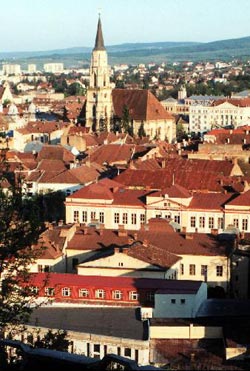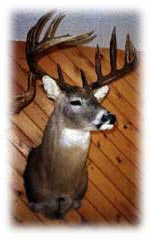Cluj-Napoca
With its cupolas, Baroque outcroppings and weathered fin-de-siècle backstreets, downtown CLUJ (Klausenburg to the Germans and Kolozsvár to the Hungarians) looks every inch the Hungarian provincial capital it once was. The town was founded by Germans in the twelfth century for the Hungarian King Geza, and the modern-day Magyars - a third of the city's population - still regrets its decline, fondly recalling the Magyar belle époque , when Cluj's café society and literary reputation surpassed all other cities in the Balkans. Most Romanians think otherwise: for them, Kolozsvár was the city of the Hungarian landlords until its restoration to the national patrimony in 1920; they consider Ceausescu's addition of Napoca to its name in 1974 as recognition that their Dacian forebears settled here 1850 years ago, long before the Magyars entered Transylvania. Cluj is also the birthplace of the Unitarian creed and its centre in Romania, further adding to the multiethnic, multifaith cocktail. Under Communism Cluj was industrialized and grew to over 330,000 inhabitants, becoming Transylvania's largest city, but the city retained something of the langour and raffish undercurrents that had characterized it in former times, as well as a reputation for being anti-Ceausescu.
|
 |

